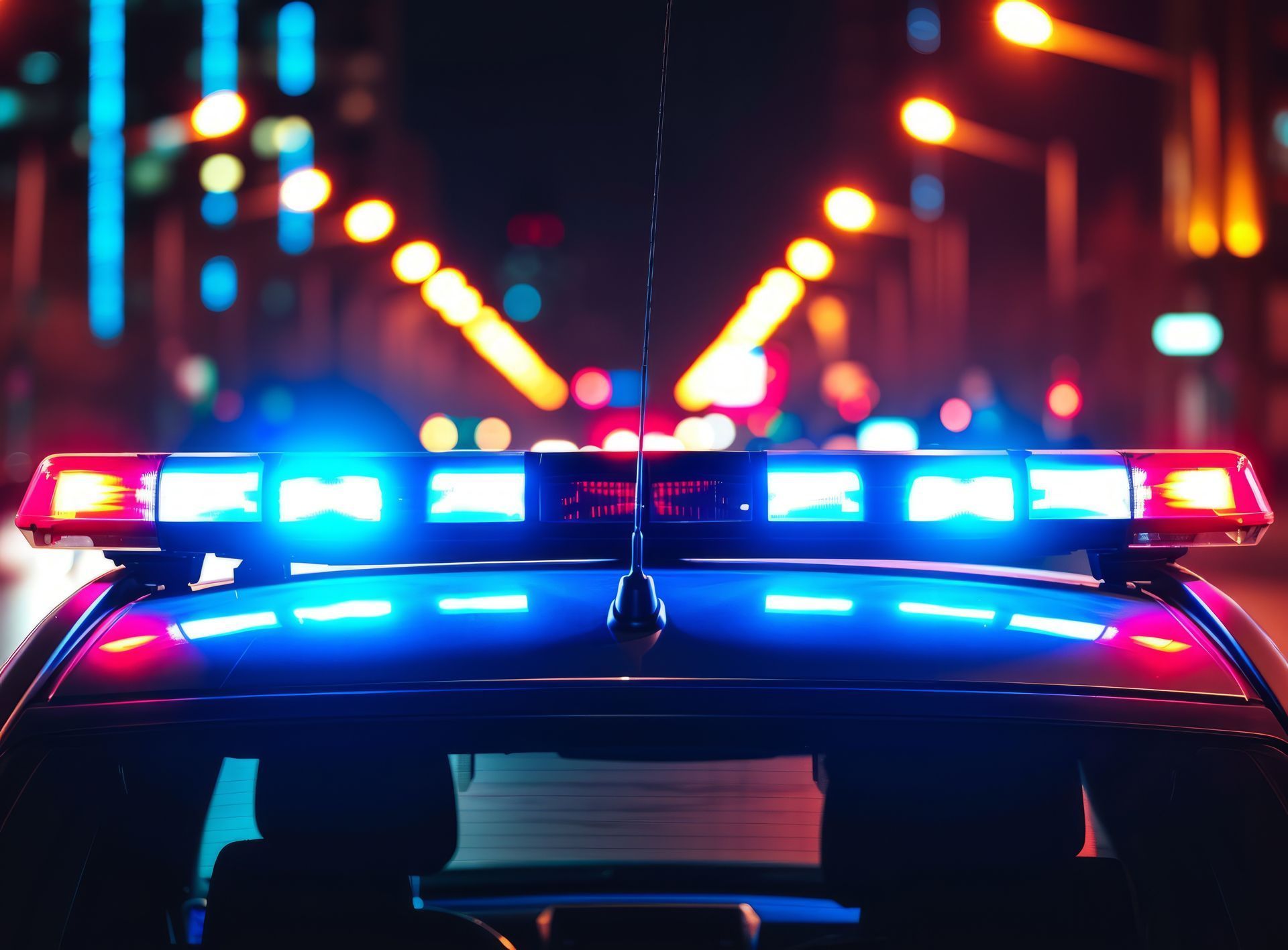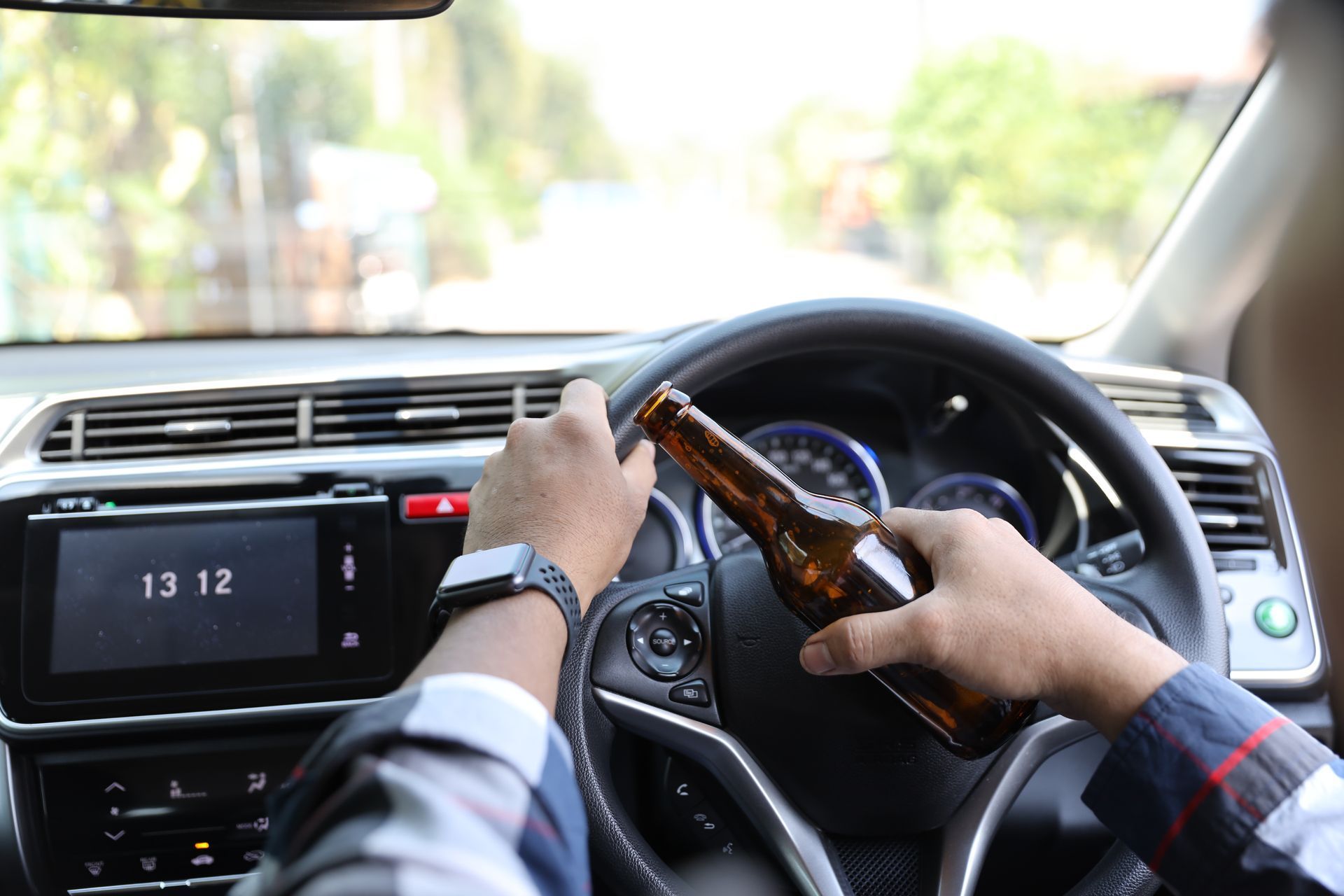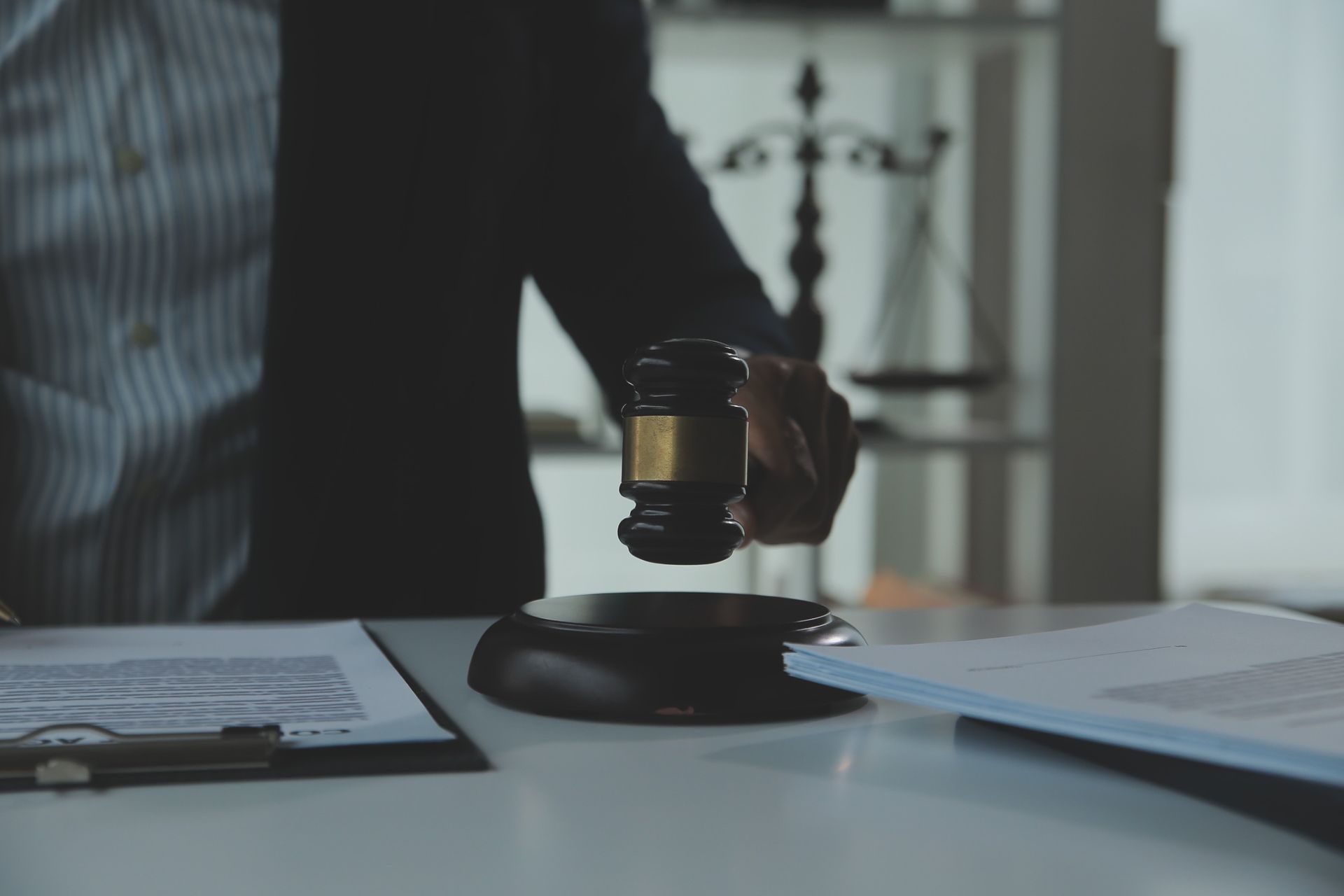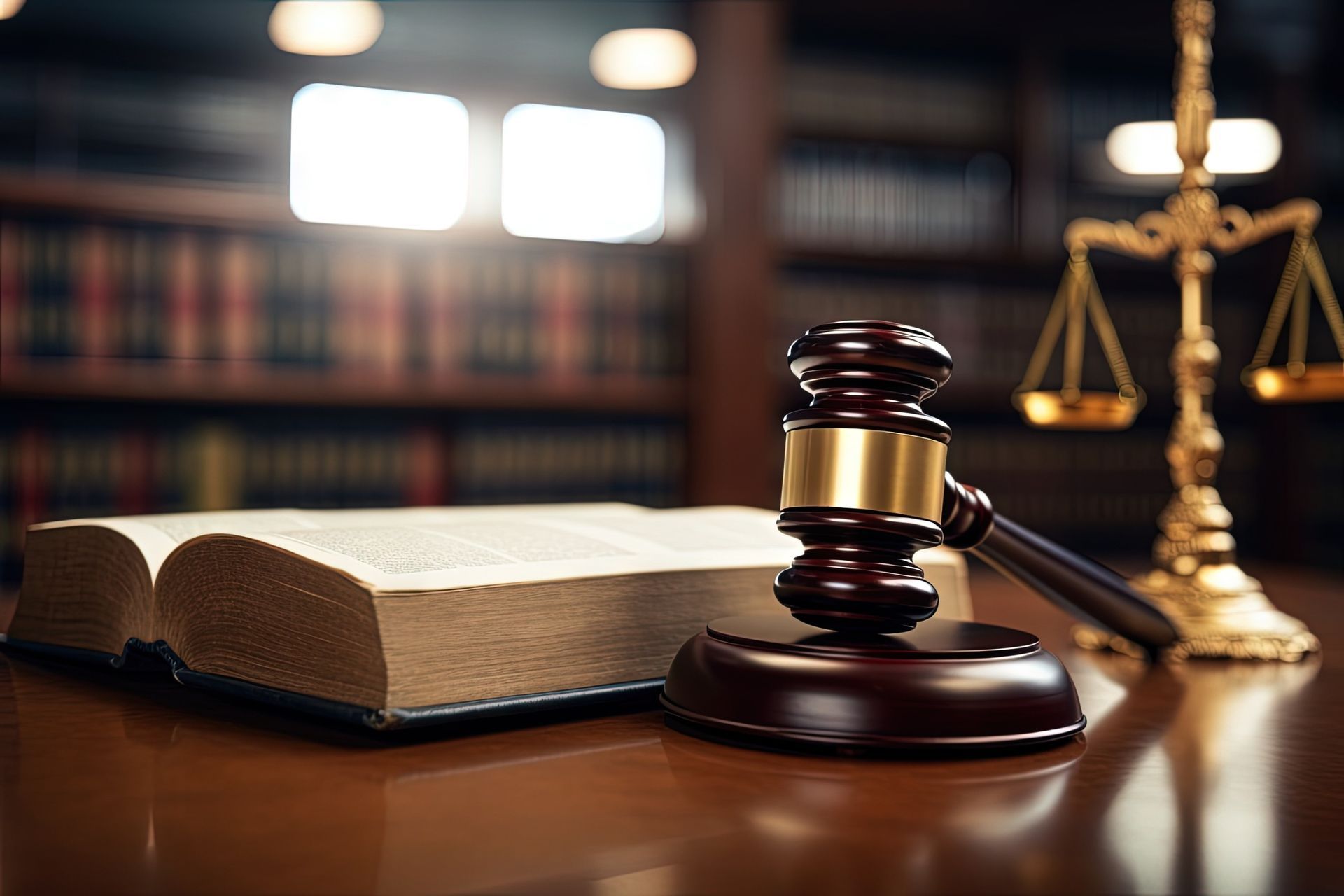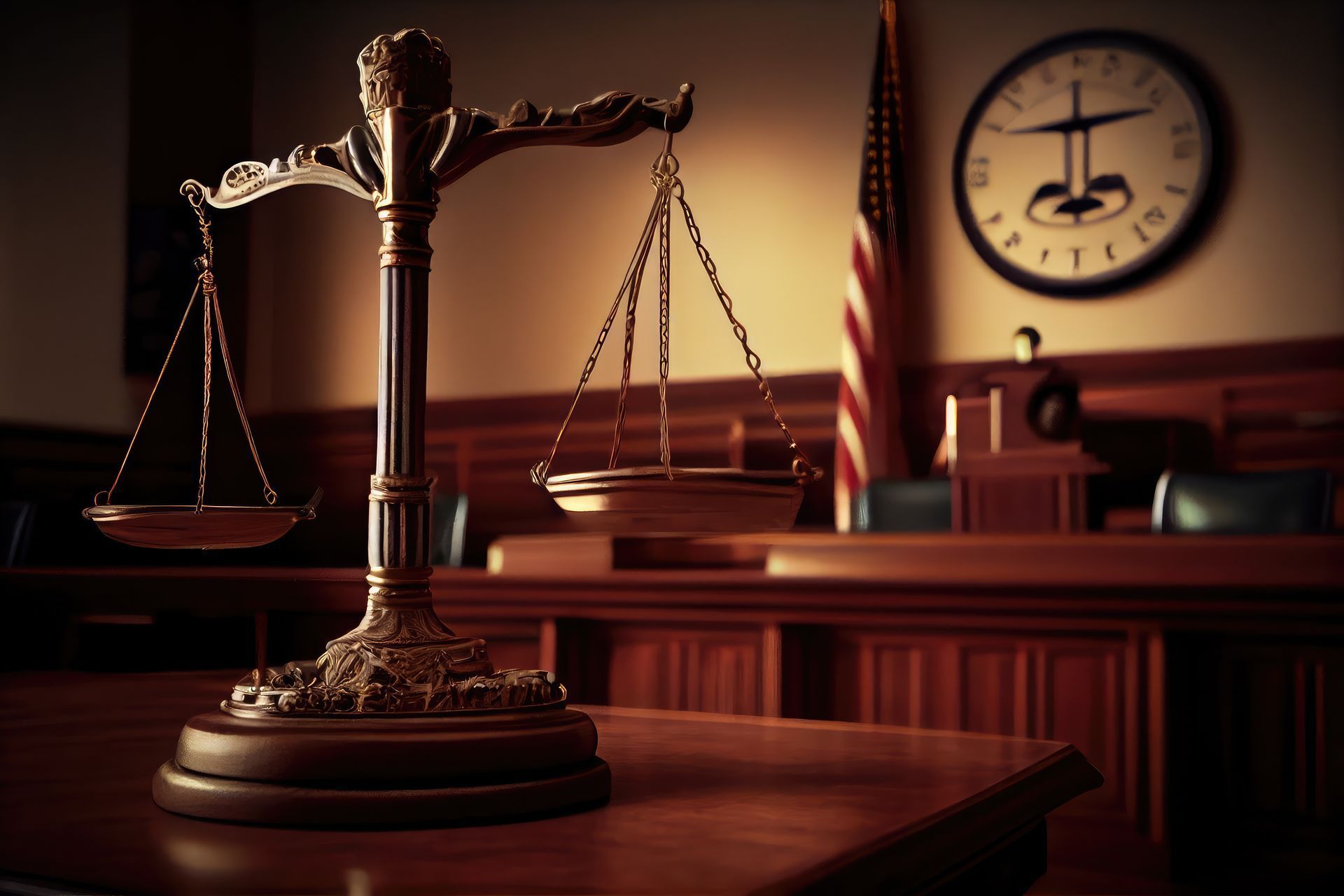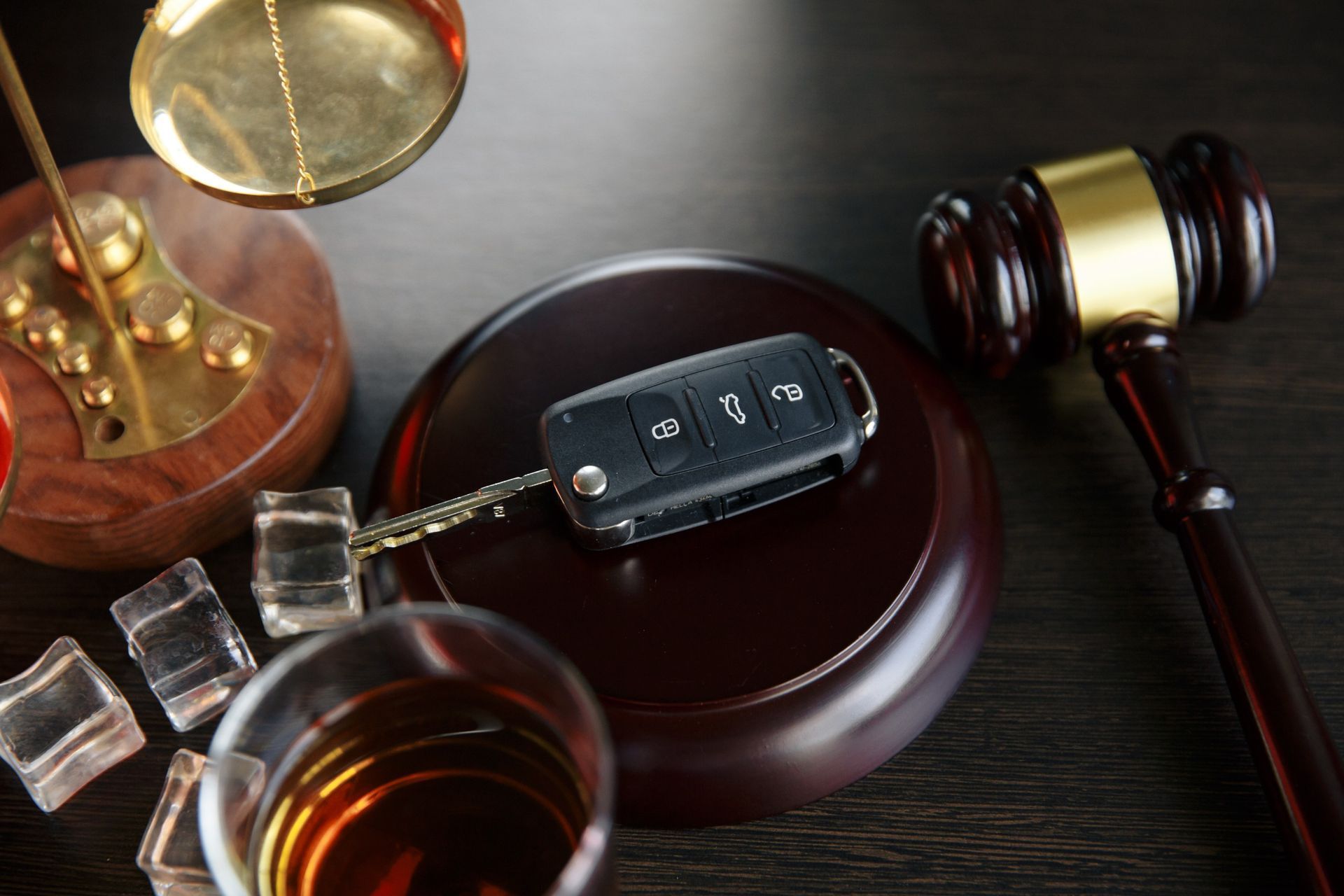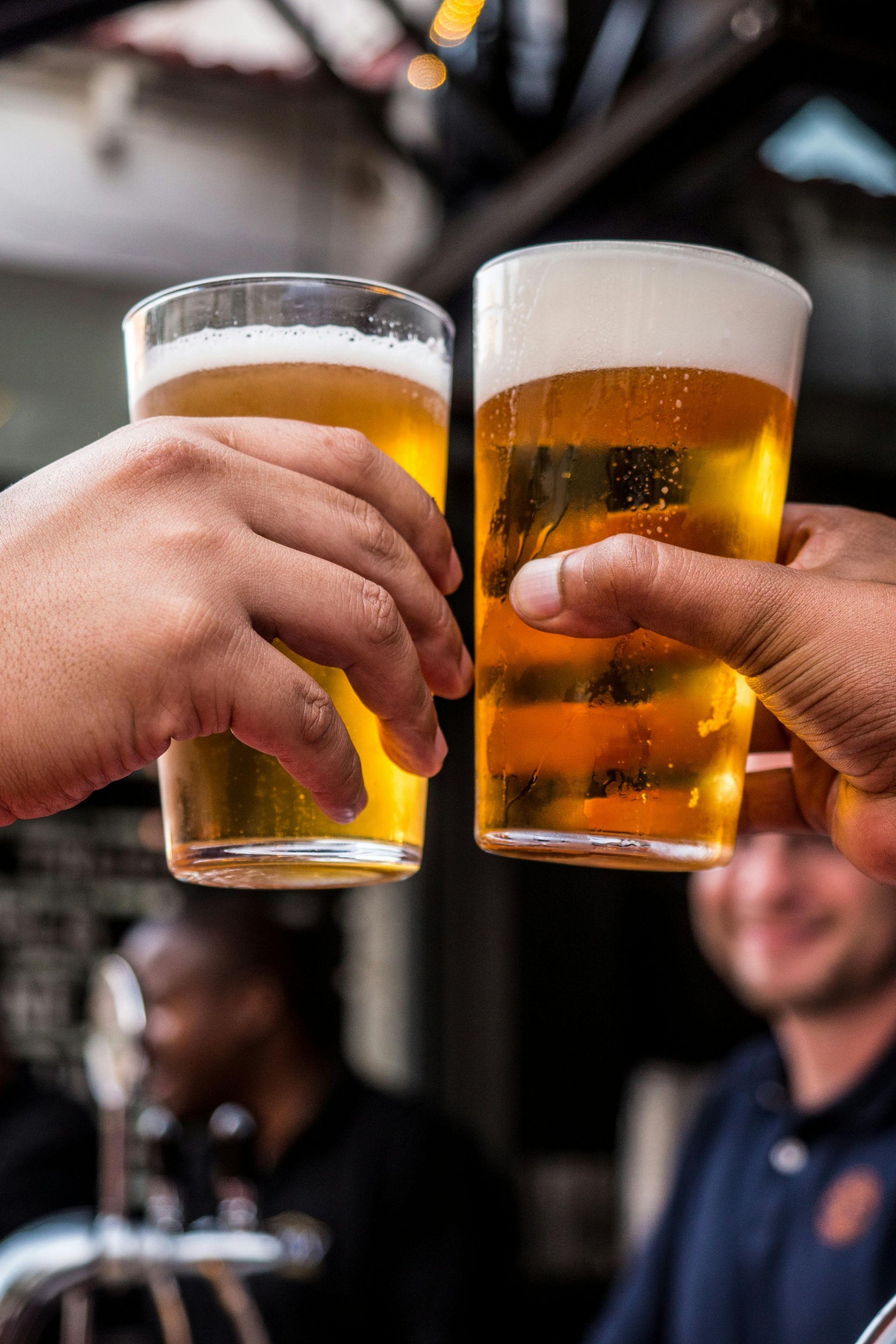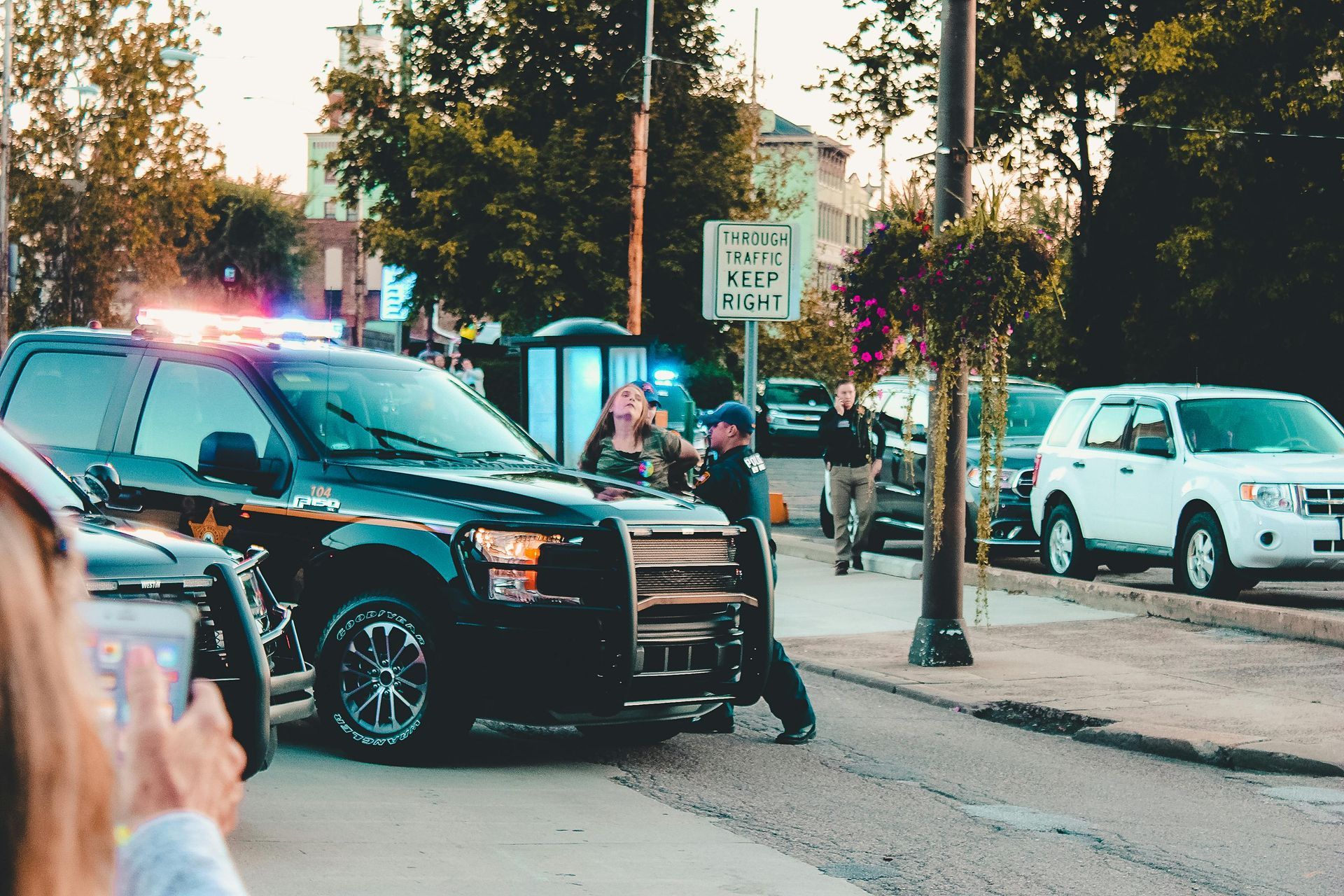Common Questions About Speeding Tickets
Common Questions About Speeding Tickets
Ever received a speeding ticket? If so, you’re not alone.
It should come as no surprise that speeding is one of the most common moving traffic violations in the United States; unless you meticulously stay at or under the speed limit every time you’re driving a vehicle, chances are you’ll end up with a speeding ticket at some point in your driving career.
Whether you’ve just received a ticket or you’re interested in learning more about how speeding citations work, we’ve gathered some of the most commonly asked questions about speeding tickets and answered them below.
What happens when you get a speeding ticket?
So, what exactly are the consequences of a speeding ticket? That may vary from ticket to ticket, but usually, you can expect to incur a fine, be ordered to attend court, and receive points on your license.
Not your first offense? You may also be looking at a suspended license and a severely damaged driving record. If you fail to pay the fine, don’t show up to court, or refuse to cooperate with the ticketing officer, you may even find yourself under arrest. And let’s not forget that even one small ticket can lead to a dramatic increase in the cost of insurance, with rates increasing roughly 25% after a citation.
How do officers know that I’m speeding?
Law enforcement officers can use a variety of methods to determine whether or not a driver is speeding. Some of the most common include:
- Radar. Radar guns work by emitting wide signals of energy and collecting the transmission upon its return, thus allowing officers to determine the speed of a vehicle.
- Laser. LiDAR or Light Detection and Ranging devices work much like radar guns do. However, instead of radio frequency, they emit narrow beams of lasers that are much more accurate than radar.
- VASCAR. Visual Average Speed Computer and Recorder devices are small electronics that determine the speed of a vehicle by measuring how long it takes to move from one point to another.
- Pacing. Pacing is a method in which an officer follows a speeding driver for a certain period of time. When pacing, an officer will use their own speedometer to determine how fast the speeding driver is going.
Can I still receive a speeding ticket if I’m only going a little over the speed limit?
Yes. If you want to avoid speeding tickets, then there is no such thing as a safe level of speeding. Many drivers exceed the limit every day with no consequences, thanks to a lack of traffic enforcement, the discretion of law enforcement officers, or plain dumb luck.
It’s important to remember that you can be stopped for exceeding the speed limit regardless of whether you’re going 2 miles over or 20. And if you’re pulled over, then you may or may not be ticketed according to the discretion of the law enforcement officer.
What is the average cost of a speeding ticket?
Speeding ticket fines vary from state to state, but fines are generally heavier in East Coast states such as Maryland and New Hampshire. When it comes to median costs, the national average hovers at around $200, though the cost of the ticket often depends on how much you were exceeding the limit, whether or not it’s the first offense, and the area in which you were speeding.
Will a speeding ticket go on my record?
That often depends on how you choose to handle your ticket. If you pay the ticket outright, it will be marked as a conviction and will go on your record. If you fight the ticket in court or opt for mitigation, then you may be able to keep the ticket off of your driving record.
I’ve received a speeding ticket. What are my options?
Your options after receiving a speeding ticket may vary depending on your state, the ticket, and how many offenses you have. Generally, the most common options include:
- Pay the ticket. While this may be the simplest and least intensive option, paying the ticket often means the citation will be entered as a conviction on your record. This may affect your insurance rates for years, so think carefully before choosing this option. If you do decide to pay the ticket outright, be sure to do so before it comes due.
- Attend court. After receiving a ticket, you may be scheduled for a court date where you can attempt to fight the citation. Be aware that this option may take longer, and you’re not guaranteed to win, especially if you elect to represent yourself.
- Ask for mitigation. If you don’t want to go through a hearing or pay the ticket outright, you may ask the court for a mitigation or negotiation process. This option is often used when a driver was at fault but is attempting to negotiate a lesser punishment such as a reduced fine or keeping the ticket off of the driving record in return for attending traffic school or a safe driving course.
The one thing you should never do is ignore a speeding ticket, no matter how small it may seem. Doing so will eventually land you in even bigger trouble.
Is it a good idea to fight a speeding ticket?
If you believe that you’ve received a ticket unfairly, you can choose to contest the citation in court. Many people opt to do this rather than paying the cost of their ticket up front in hopes of avoiding fines, points, or criminal charges.
It’s important to note that every speeding ticket is different, so there is no hard and fast rule regarding whether or not you should fight your ticket in court. Certainly, there are many benefits if you win, but if you’re found guilty, you may also incur court fees on top of everything else.
If you’ve received a speeding ticket and aren’t sure whether to fight it, you may want to enlist the help of a professional traffic lawyer so that you can make the best decision possible.
Do I need to hire a traffic attorney if I get a speeding ticket?
You may not be required to hire a traffic attorney after getting a speeding ticket, but many people find that it’s a good idea to do so. A professional and experienced traffic attorney will not only help you determine the best course of action to take after receiving a ticket but may also help you achieve a more favorable outcome if you decide to fight the ticket in court.
